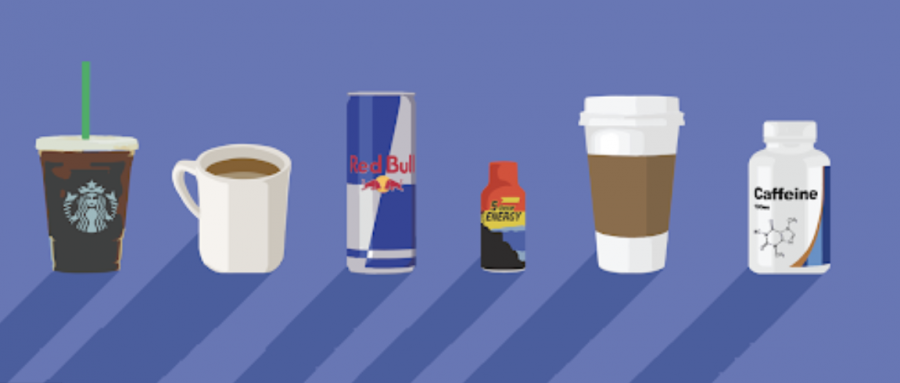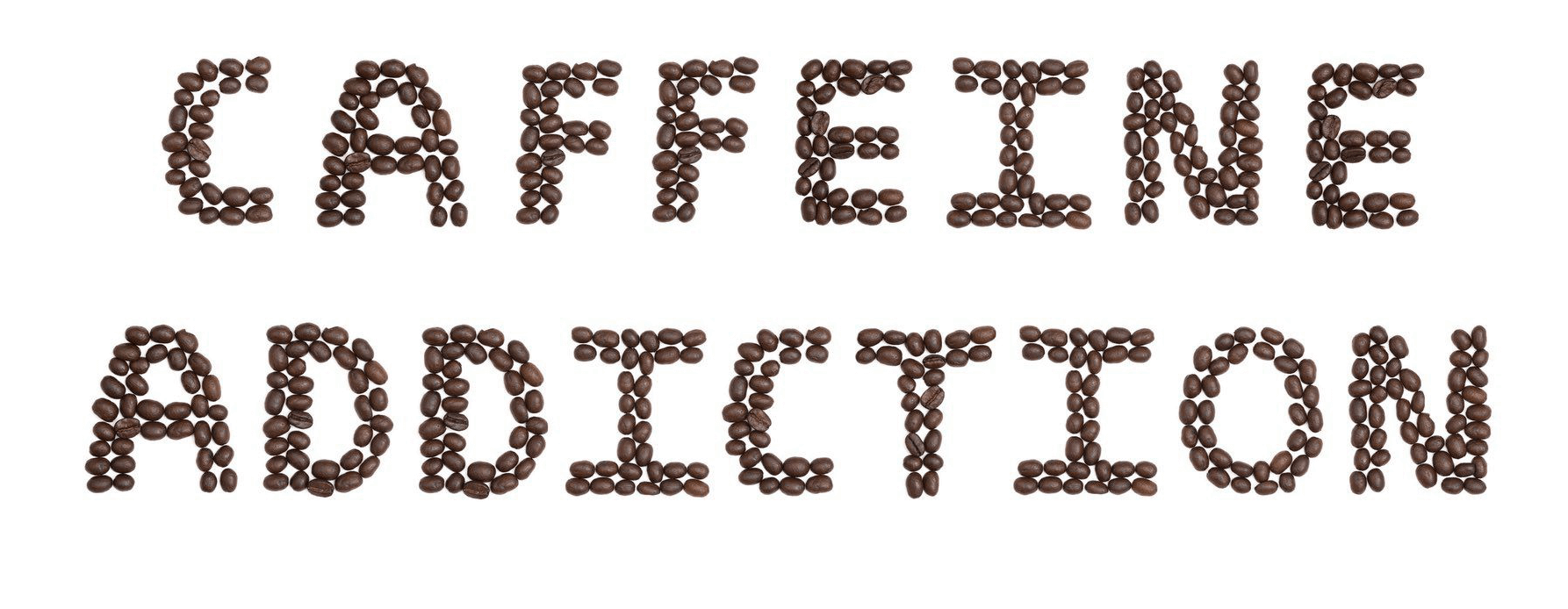Not known Details About It's Easier to Beat a Caffeine Addiction Than You Think


Infographic: Caffeine and Your Body - UPMC HealthBeat
Some Known Factual Statements About Q:Caffeine is addictiveTrue or False? - RxList
Fatigue. Difficulty concentrating. Nausea. Muscle discomfort. Irritation. In basic, the more caffeine you are utilized to consuming, the more extreme the withdrawal signs are likely to be. Signs of withdrawal start 12 to 24 hours after the last caffeine intake and can last two to nine days. Caffeine can be an useful tool for a grownup who requires help get up and concentrating.
Don't use caffeine excessive or you might become reliant or have sleeping disorders or headaches. Otherwise, take pleasure in that coffee or chocolate!.
Caffeine is a natural Stimulant discovered in coffee, tea, energy beverages, soft beverages, non-prescription medications, and weight loss help. It is the most typically utilized Psychedelic drug on the planet and has physically and psychologically addictive characteristics. Caffeine withdrawal is even acknowledged as a medical condition by the American Psychiatric Association (APA).
See This Report about How I broke my caffeine addiction - A Foodie Stays Fit
Aid is out there Reach out to a dedicated treatment supplier and learn how you can develop the life you desire. best Results Of Caffeine Light to moderate usage is thought about safe and may even supply some health advantages, such as increased awareness and less symptoms of anxiety. On the other hand, Caffeine functions as a Central Nerve System (CNS) Stimulant that directly affects brain cells and can cause numerous negative adverse effects.

Infographic: Caffeine and Your Body - UPMC HealthBeat
Its effects can last in between 3 and nine hours, depending upon the quantity taken in. The chemical structure of Caffeine looks like that of a molecule called adenosine, which has a peaceful result on the brain and can cause fatigue. When taken in, http://ovalox2.bravesites.com/entries/general/the-single-strategy-to-use-for-guide-to-caffeine-dependence-and-abuse---recovery-direct in the brain, obstructing them and preventing adenosine from binding to them.
250 to 300 mg of Caffeine a day is thought about a moderate quantity. A typical 8-ounce cup of coffee includes around 100 mg, which is adequate to increase alertness, concentration, and resting metabolic rate. Consuming more than 10 cups of coffee a day is thought about extreme and can result in Caffeine poisoning.
The Ultimate Guide To Can decaf help with caffeine addiction? - Quora
Signs of overuse include: Uneasyness Flushed facial skin Increased urine production Intestinal problems Irregular heart beat Muscle twitching and shaking Insomnia Anxiety If someone suspects they have actually overdosed on Caffeine, they must call a local toxin nerve center to figure out whether hospitalization is required. Mixing alcohol with Caffeine can increase the effectiveness of adverse effects from both and can trigger agitation.
